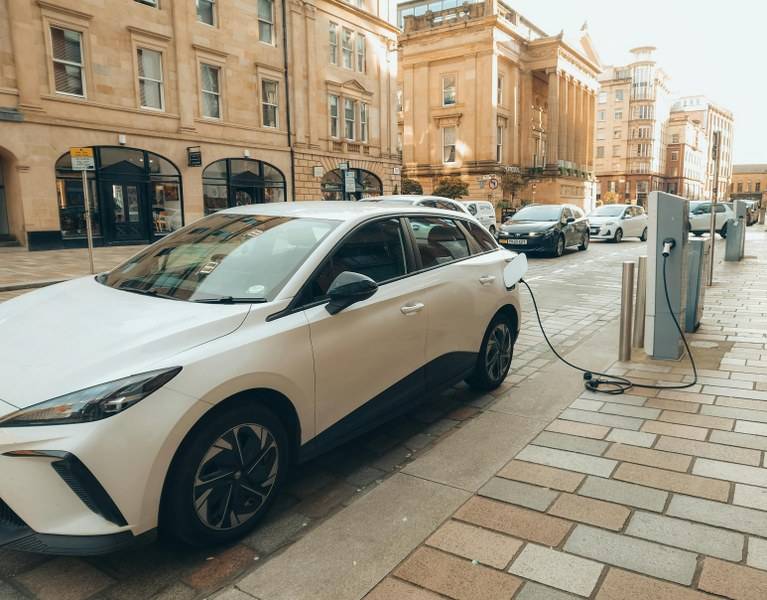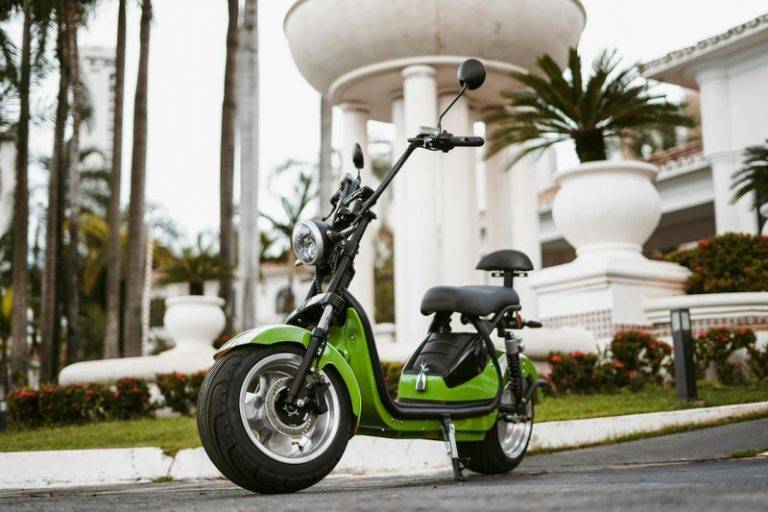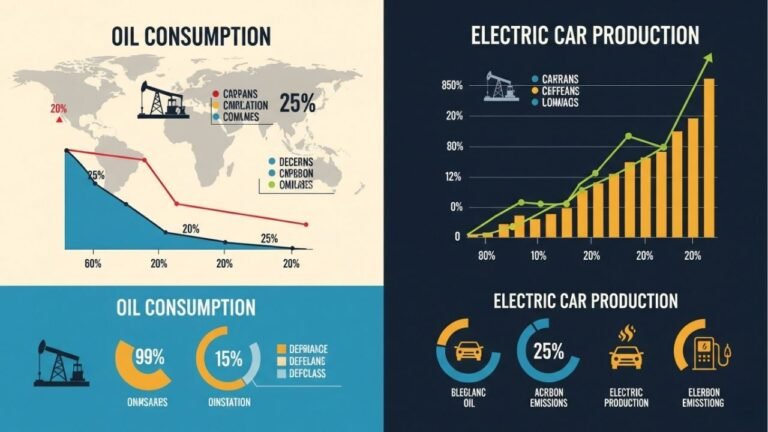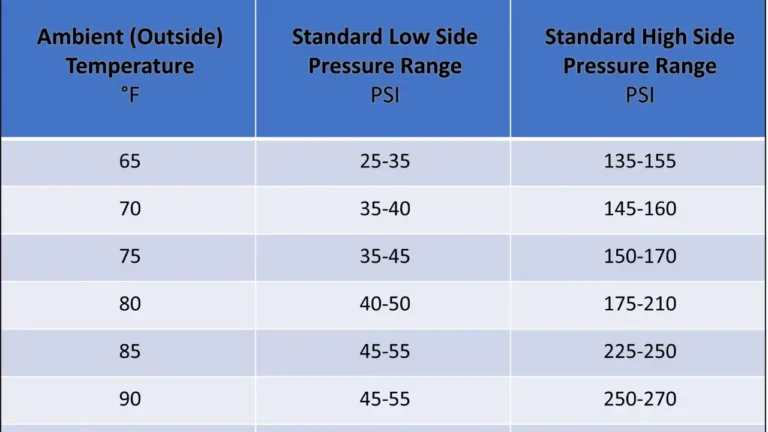Pros and Cons of Hybrid Electric Vehicles: Weighing the Benefits and Drawbacks

Hybrid electric vehicles (HEVs) are popular now. They help cut carbon emissions and promote greener transport. These vehicles use an internal combustion engine (ICE) and an electric motor. They bridge the gap between gasoline cars and fully electric vehicles (EVs).
However, hybrid cars have pros and cons, despite their green appeal. If you’re thinking of a Pros and Cons of Hybrid Electric Vehicles:. They are key to making an informed choice.
Pros and Cons of Hybrid Electric Vehicles:-
Pros of Hybrid Electric Vehicles:
- Fuel Efficiency: Hybrid cars are popular for their great fuel efficiency. Hybrids use both an electric motor and a traditional engine. They consume less fuel, especially in stop-and-go traffic. This can cut your fuel costs over time. So, hybrids are cheaper than conventional cars.
- Lower emissions hybrid vehicles emit less pollution than conventional gasoline cars. The combination of electric power reduces reliance on gasoline. This cuts tailpipe emissions, like carbon dioxide (CO2), nitrogen oxides (NOx), and particulates. Hybrids appeal to eco-conscious consumers. They want to cut their carbon footprint without fully switching to an EV.
- Regenerative braking hybrids often come with a feature called regenerative braking. It recaptures energy lost during braking. The battery stores this energy. It powers the electric motor. This improves efficiency and reduces wear on the brakes.
- Reduced Dependence on Fossil Fuels. Hybrids use both gasoline and electric power. So, they rely less on fossil fuels than traditional cars. Also, they can lower environmental impact. They can protect drivers from fuel price swings. They offer more stable long-term costs.
- Many regions offer tax incentives or rebates for hybrid vehicles. These can greatly reduce the upfront cost. These incentives aim to boost the use of greener technologies. They can make buying a hybrid more financially attractive.
- Smooth Driving Experience: Hybrids use a mix of electric and gasoline power. This often results in smoother acceleration and a quieter ride. The electric motor’s torque gives quicker acceleration from a stop. Plus, it is quieter than a traditional car.
Cons of Hybrid Electric Vehicles:
- Higher Initial Costs. Despite government incentives, hybrids cost more than conventional vehicles. The dual powertrain (ICE and electric motor) and the battery add complexity. This raises manufacturing costs, which are passed on to consumers. This can be a barrier for those on a tight budget.
- Battery Replacement Costs Hybrid batteries are designed to last for many years. But they will eventually degrade and need replacement. Battery replacement costs can be significant, potentially running into thousands of dollars. Some manufacturers offer extended warranties. But the cost can deter buyers.
- Limited Electric-Only Range Most hybrids have a short electric-only range. The gasoline engine will kick in on longer trips. This limits fuel savings on long drives. PHEVs and EVs have much longer electric-only ranges.
- Higher Maintenance Costs for Some Components A hybrid’s dual power system is complex. It can raise maintenance costs for some parts. For example, hybrid powertrains may need special maintenance and repairs. This means owners may need to visit certified technicians. They are often more expensive than general auto repairs.
- Lower performance for some models. Some hybrids still lag in acceleration and power. They’ve made strides in matching performance with gasoline cars. This is especially true for hybrids that focus on fuel efficiency over performance. Drivers who enjoy high-speed or performance vehicles may find hybrids less satisfying.
- Environmental Impact of Battery Production. While hybrids are greener on the road, their batteries are a concern. Producing lithium-ion batteries, used in hybrid vehicles, requires much energy and many resources. It also needs to mine raw materials, like lithium and cobalt. This process can harm the environment and raise emissions at the manufacturing stage.
- If you choose a PHEV, you need a charging network. It will maximize the vehicle’s electric range. Public charging stations are more common now. But their availability may still be limited in some areas. This can be inconvenient for PHEV owners.
Conclusion:
Hybrid electric vehicles combine better fuel efficiency, lower emissions, and advanced technology. They are an excellent choice for those seeking an eco-friendly option. They suit those who are not ready to fully commit to a pure electric vehicle.
But, they have downsides. They cost more up front. There may be battery replacement costs. Additionally, they have a driving range that is limited to electric power only.
Ultimately, whether a hybrid is right for you depends on your priorities. Is it to cut fuel costs, reduce your environmental impact, or ensure a convenient drive?
By weighing the pros and cons, you can see if a hybrid vehicle fits your lifestyle and driving needs.






